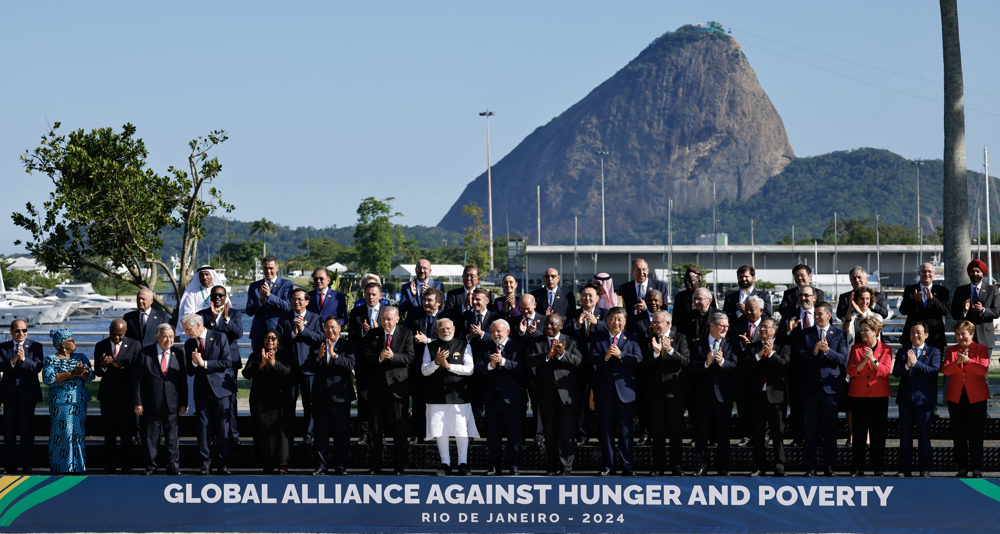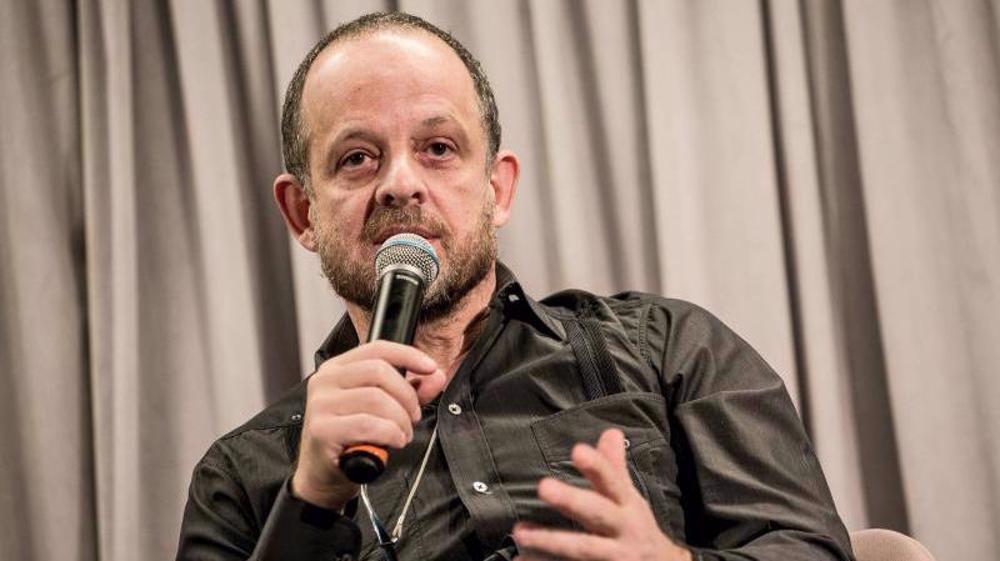Brazil's Lula closer to prison after Supreme Court votes
Brazil's former president and current election front runner Luiz Inacio Lula da Silva looked increasingly likely to face prison Wednesday after a key judge on the divided Supreme Court voted against allowing him to delay a sentence for corruption.
After more than five hours of deliberations, the Supreme Court justices had voted 5-1 in favor of denying Lula his request to avoid his 12 year prison sentence while he mounts further appeals and campaigns to return to power in October elections.
There were still five votes to come in the marathon session. However, the positions of the remaining justices had been well publicized in advance, making the final tally likely to come down narrowly against the veteran leftist leader, analysts say.
The only vote over which there had been any real suspense was of Justice Rosa Weber.
But at the end of a densely argued, one-hour presentation carried on live television, Weber disappointed Lula's supporters by voting to deny his request for habeas corpus, or provisional freedom.
If the full court rejects Lula's bid to stay out of jail, he could be arrested within days. Analysts said the only probable way out for Lula now would be if one of the remaining justices called for an adjournment of the process.
The court showdown sent tension soaring in Latin America's biggest country, with both backers and opponents of Lula, currently the heavy favorite for the October election, warning of a threat to democracy.
In a highly unusual intervention into politics, the top army commander warned Tuesday against "impunity," in comments widely seen as pressuring the court to allow Lula's imprisonment.
Lula, 72, was sentenced to 12 years and one month prison after being convicted last year of accepting a seaside apartment as a bribe from a major construction company seeking government contracts. He appealed in a lower court but lost.
Under current law, that means he should go immediately to prison, even while conducting further appeals in two higher courts. However, Lula applied to the Supreme Court for habeas corpus, allowing him to remain free during the appeals, potentially keeping him out of jail for a long period.
On leaving office after two terms between 2003-2010, Lula was Brazil's most popular president on record. But he has since turned into a hugely divisive figure, inspiring adoration on the left and hatred on the right.
Late Tuesday, up to 20,000 people demonstrated in Brazil's biggest city, Sao Paulo, to demand Lula go to prison and be barred from the election, with smaller rival rallies gathering in Brasilia on Wednesday.
More than 5,000 judges and prosecutors sent the Supreme Court a petition for Lula to be imprisoned immediately and justices have received thousands of emails on the subject.
At the same time, the court had to contend with the fact that Lula holds an overwhelming lead in opinion polls ahead of the October 7 election.
In Sao Paulo, Lula backer Maria Lucia Minoto Silva, a 60-year-old history teacher, was distraught after Weber cast what could be a decisive vote.
"This is a farce, it's a huge blow. I can't accept Lula out of the election. I can't accept an innocent man being in prison," she said. "Rosa Weber was on the fence and when she said she would rule against him, I went mad."
The most notable pressure on the court came from Brazil's army commander, who broke traditional non-interference in politics by appearing to call for Lula to be imprisoned, something Amnesty International criticized as a "threat to the democratic state of law."
General Eduardo Villas Boas tweeted late Tuesday that the military shared Brazilians' "desire for the repudiation of immunity."
Villas Boas also asked "who is really thinking about the good of the country and future generations and who is only worried about personal interests?"
The comments triggered immediate criticism, given that high-ranking generals have mostly kept out of politics since the restoration of democracy in 1985, following two decades of military dictatorship.
Ahead of Villas Boas' unusual comments, an army reservist general, Luiz Gonzaga Schroeder Lessa, even appeared to threaten a coup, saying an eventual Lula election victory would "leave no recourse but an armed reaction. The armed forces would have to restore order."
But Brazil's defense minister argued Wednesday that Villas Boas was simply trying to reassure the nation.
"The message was that people can be calm, because the institutions are here. It was not a message about using force. It was the opposite," said the minister, Joaquim Silva e Luna, in Globo newspaper.
(Source: AFP)
VIDEO | Sydney protests demand action as Israel faces ICC warrant for war crimes
Iran to host ‘important’ ECO foreign ministers' meeting in Mashhad
Wounded in Israeli strike, health of Kamal Adwan Hospital's director worsens
VIDEO | Press TV's News Headlines
Iran reports 11% drop in domestic red meat supply
Arab League affirms support for Iraq amid Israel's threats of military action
VIDEO | Fierce fight in Southern Lebanon
Over 1000 medics killed in Gaza as Israel systematically targets hospitals










 This makes it easy to access the Press TV website
This makes it easy to access the Press TV website